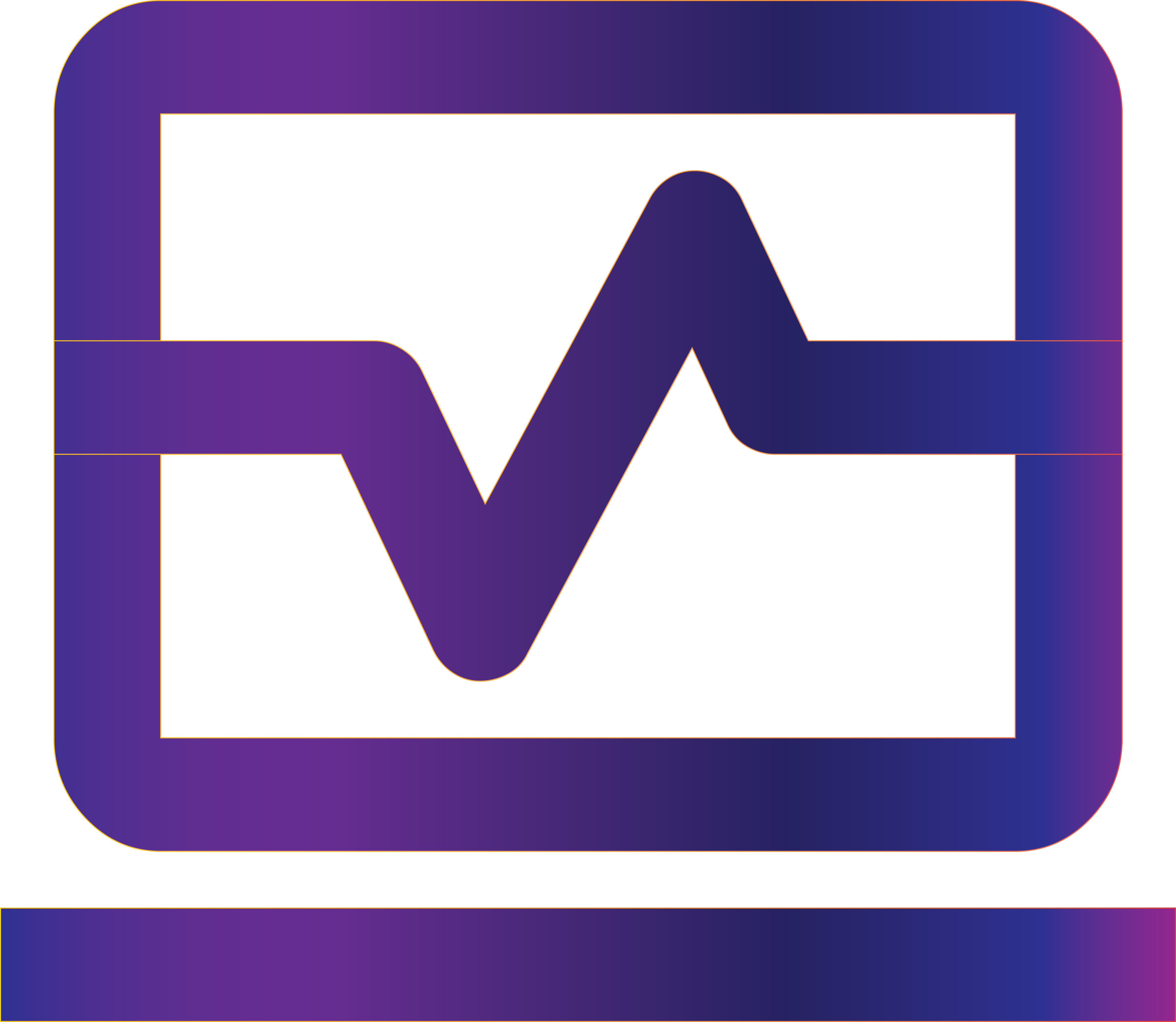Why User Activity Monitoring is Important for a Productive Organization
Important Factors of User Activity Monitoring is Important for a Productive Organization
1. Visibility into How Work Really Happens
-
Modern organizations use dozens of apps (email, chat, project tools, CRM, code repos).
-
Without monitoring, leaders guess where time goes.
-
User activity monitoring (UAM) provides a clear, factual view of which tools, tasks, and workflows drive results.
Benefit: Helps managers make data-driven decisions instead of relying on assumptions.
2. Boosting Productivity & Efficiency
-
By analyzing patterns (focus time vs. distractions, meetings vs. deep work), organizations see where time is wasted.
-
UAM surfaces:
-
Too many recurring meetings.
-
Overuse of non-work apps during peak hours.
-
Bottlenecks in handoffs or approvals.
-
Benefit: You can redesign processes to protect deep work and cut waste, leading to higher team output with the same resources.
3. Fair & Transparent Performance Measurement
-
Traditional productivity evaluation is subjective.
-
UAM provides objective data—like hours spent in critical apps, project contribution, and responsiveness.
-
When used transparently, it reduces bias and ensures fair recognition of high performers.
Benefit: Builds trust in performance management and rewards real contributions.
4. Preventing Burnout and Overload
-
Monitoring highlights teams or individuals working excessively after hours.
-
Identifies employees overloaded with tasks or switching between too many systems.
Benefit: Organizations can intervene early, rebalance workload, and improve employee well-being.
5. Strengthening Security & Compliance
-
UAM isn’t just about productivity—it also protects against risks.
-
Tracks access to sensitive files, unusual logins, or data transfers.
-
Helps comply with GDPR, HIPAA, or industry security policies.
Benefit: Safeguards both business data and employee accountability.
6. Better Resource & Cost Management
-
Shows which tools are widely adopted and which are underutilized.
-
Prevents spending on unused software licenses.
-
Ensures people are working on value-adding activities.
Benefit: Saves money while maximizing ROI from both people and tools.
7. Building a Culture of Continuous Improvement
-
When employees have access to their own dashboards, they self-correct:
-
“I spent 5 hours in meetings yesterday—let me block more focus time.”
-
-
It shifts the narrative from surveillance to self-awareness and growth.
Benefit: A workforce that actively works on improving its own productivity.
Final Thought
User activity monitoring is important not because companies want to “watch” employees—but because it enables a fair, data-driven, and supportive workplace.
When applied with privacy, consent, and transparency, it helps organizations:
✅ Increase productivity
✅ Protect employee well-being
✅ Reduce costs
✅ Stay secure and compliant
✅ Build trust through data-driven fairness
Tools like DeskTraker exemplify this approach—tracking outcomes, not keystrokes.
DeskTraker Team
Expert in productivity tracking and employee monitoring solutions. Helping businesses optimize their workflows and boost team performance.
